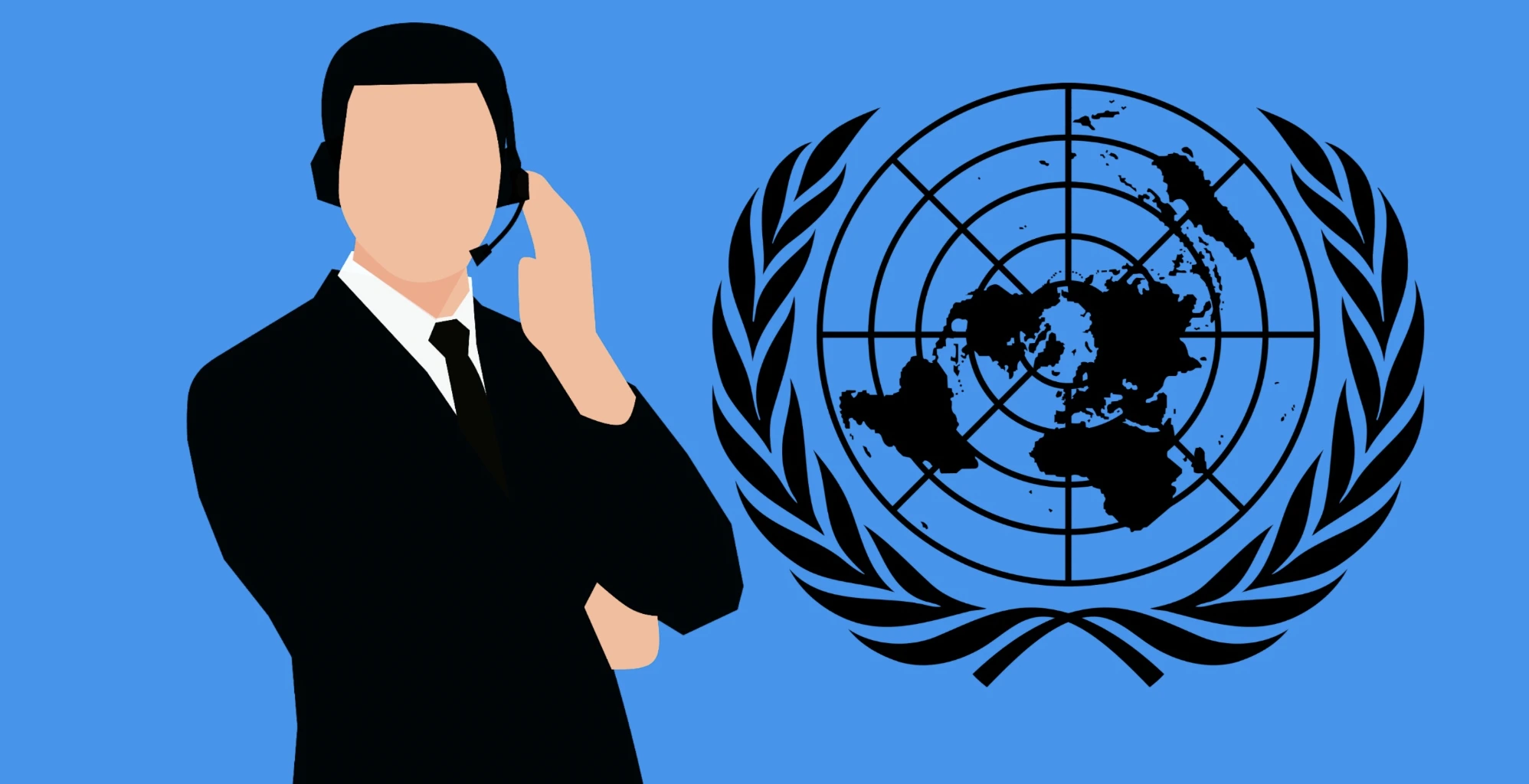
Image by Mohamed Hassan, from Pxhere
Balancing AI’s Promise And Perils: UN Advocates For Global Framework
In a Rush? Here are the Quick Facts!
- UN report calls for global governance of AI technologies.
- AI offers significant benefits but risks widening digital divides.
- Without oversight, AI development could lead to missed opportunities.
A report released by the United Nations on Thursday highlights the need for a global framework to monitor and govern AI. The report calls for the international body to oversee a coordinated effort, addressing both the opportunities and risks presented by AI.
AI is rapidly transforming the world, with potential benefits ranging from scientific breakthroughs and optimized energy grids to improvements in public health and agriculture.
For example, the recent development of the AI model FireSat aims to enhance early fire detection helping to improve response efforts.
The report also highlights AI’s transformative impact across a wide range of scientific disciplines. While some current claims about AI may be overhyped, others have already been validated, and its long-term potential appears promising.
For instance, AI-powered technologies like a robot designed for early lung cancer detection are now operational, and AI models have shown greater accuracy in diagnosing Alzheimer’s disease compared to traditional clinical markers.
The report emphasizes that AI could play a crucial role in advancing the United Nations’ Sustainable Development Goals (SDGs). However, without proper governance, these benefits may not be distributed equitably, with many countries, particularly in the Global South, being left behind.
According to the report, the current lack of global governance poses significant risks. One of the major concerns is the increasing digital divide, which could limit AI’s benefits to only a handful of states, corporations, and individuals.
The report also points out that the unchecked development of AI could lead to missed opportunities, as trust in the technology may erode without proper regulations and oversight.
Beyond equity issues, AI presents a host of challenges, including algorithmic bias, the spread of disinformation, and threats to privacy and security.
The report highlights growing concerns about AI systems that operate independently of human control, such as autonomous weapons, and the impact of AI on the global job market.
As AI systems become more powerful and opaque, traditional regulatory systems struggle to keep up.
The UN report notes that while many governments, companies, and international organizations have developed ethical frameworks and principles for AI governance, there is no comprehensive global system in place.
The lack of coordination has left many countries out of key conversations, with representation skewed heavily toward a small number of nations. The report argues that a truly global effort is required to ensure accountability and equitable access to AI’s benefits.
Ultimately, the report stresses that AI governance should not be left to the private sector or individual governments alone, as the technology transcends national borders.


 Previous Story
Previous Story

 Latest articles
Latest articles 

Leave a Comment
Cancel